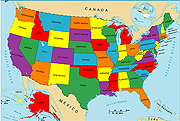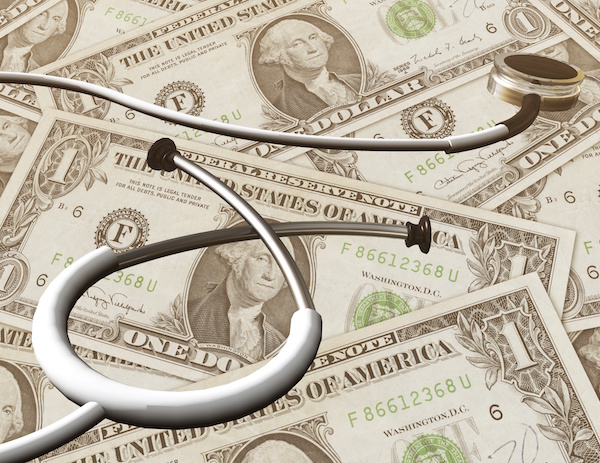
TUESDAY, March 20 (HealthDay News) — A state’s level of wealth affects women’s heart disease risk, a new study says.
Researchers from Brigham and Women’s Hospital in Boston assessed gross domestic product, poverty rates and levels of financial inequality in each state, and then compared those factors to indicators of cardiovascular inflammation in women nationwide who took part in the U.S. Women’s Health Study.
Cardiovascular inflammation is a major risk factor for heart disease.
The researchers found that levels of cardiovascular inflammation were lower among women in wealthy states than those in poorer states, and lower among women in states with less financial inequality than among those in states with more inequality.
Even when an individual woman’s diet, weight, personal income level, exercise and smoking habits were taken into account, the wealth of her home state still had a significant impact on her level of cardiovascular inflammation.
The study, which found a link between wealth and heart disease but did not prove a cause-and-effect relationship, appeared March 20 in the online edition of the journal BMC Public Health.
“We have been learning that geography matters for heart disease risk,” study leader Dr. Cheryl Clark, director of health equity research and intervention at the Center for Community Health and Health Equity at Brigham and Women’s Hospital, said in a hospital news release. “Our study suggests that state-level resources may contribute to early risk factors for heart disease in women.”
Further research is needed to examine how state wealth affects women’s levels of cardiovascular inflammation, Clark and her colleagues noted.
More information
The U.S. National Heart, Lung, and Blood Institute has more about women and heart disease.

